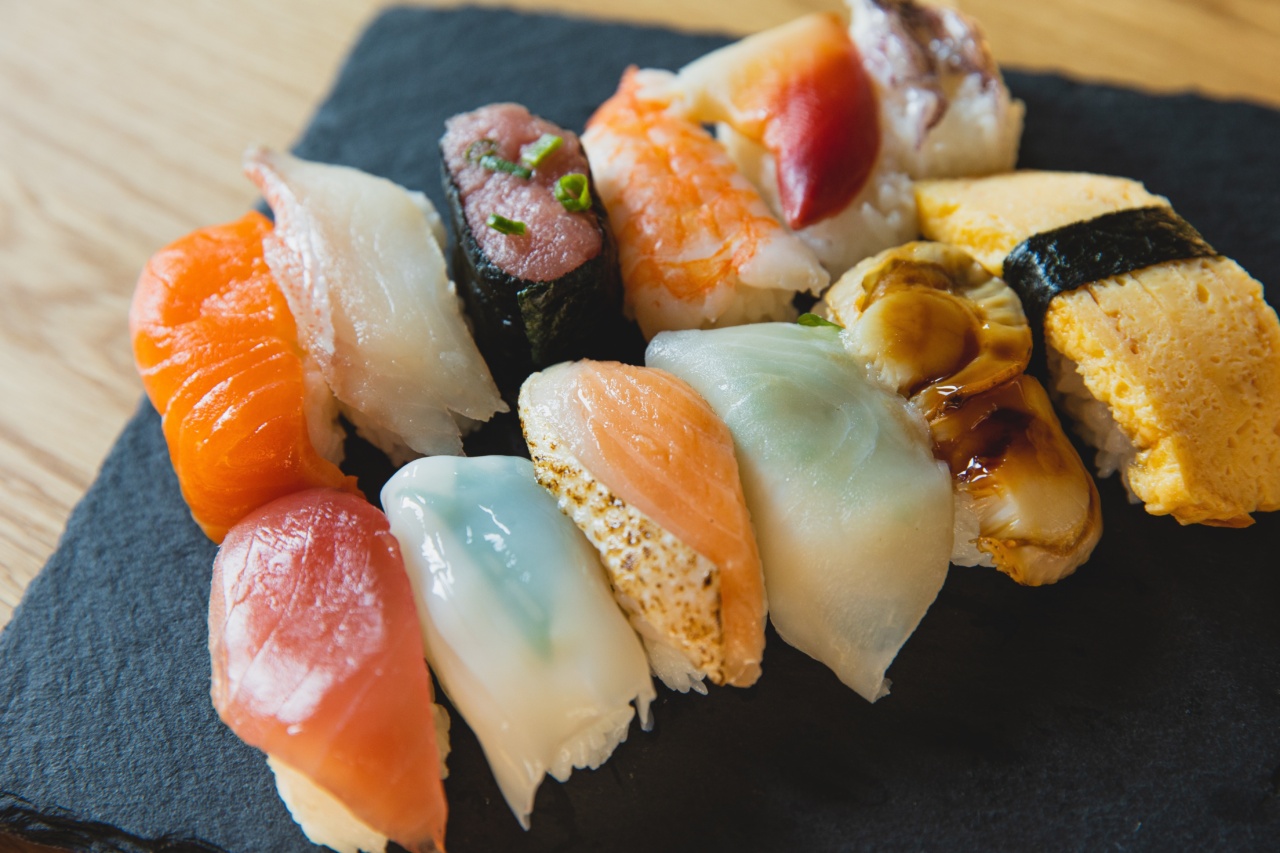Soy has become a popular food item in recent years, but at the same time, there are many myths and misconceptions surrounding it that have led to confusion and even fear among consumers.
In this article, we’ll be taking a closer look at some of the most common soy myths and setting the record straight.
Myth 1: Soy is Bad for Men
One of the most persistent myths about soy is that it can lead to decreased testosterone levels in men. However, this is not supported by scientific evidence.
In fact, several studies have shown that soy consumption has no effect on testosterone levels in men. Furthermore, some research has even suggested that soy may have a protective effect against certain types of cancer that are more common in men, such as prostate cancer.
Myth 2: Soy is Only for Vegetarians and Vegans
While soy is a popular protein source for vegetarians and vegans, it’s important to note that it’s also a common ingredient in many non-vegetarian and non-vegan foods.
For example, soy sauce, tofu, and miso soup are all staples in many Asian cuisines. Additionally, many processed foods contain soy as an ingredient, such as baked goods, cereal, and protein bars.
Myth 3: Soy is Genetically Modified
While it’s true that a significant portion of the world’s soybean crop is genetically modified, this doesn’t mean that all soy products are genetically modified.
Many soy products, such as tofu and soy milk, are made from non-GMO soybeans. If you’re concerned about consuming genetically modified soy, be sure to look for products that are certified as non-GMO.
Myth 4: Soy Causes Breast Cancer
This is perhaps one of the most alarming soy myths, but it’s simply not true. While there has been some concern about soy’s effects on estrogen levels, research suggests that soy consumption does not increase the risk of breast cancer.
In fact, some studies have even found that soy consumption may be associated with a reduced risk of breast cancer.
Myth 5: Soy Lowers Thyroid Function
Another common myth about soy is that it can interfere with thyroid function. However, the evidence to support this claim is limited.
While it’s true that soy contains goitrogens, which are compounds that can interfere with thyroid function in large amounts, the amount of soy that would need to be consumed to have this effect is much higher than what most people consume. In fact, a review of the research on soy and thyroid function found that soy consumption had no effect on thyroid function in healthy individuals.
Myth 6: Soy is Not a Complete Protein
This is a misconception that comes from the fact that soy is lower in the amino acid methionine compared to animal-based proteins.
However, soy is still considered a complete protein because it contains all of the essential amino acids that the body needs to function properly. In fact, soy protein is one of the most complete plant-based proteins available.
Myth 7: Soy is Linked to Cognitive Decline
There has been some concern that soy consumption may lead to cognitive decline, particularly in elderly individuals. However, there is little evidence to support this claim.
In fact, some research has even suggested that soy consumption may have a protective effect against cognitive decline.
Myth 8: Soy is Not Safe for Infants
While it’s true that infants should not consume whole soy products, such as soy milk, soy formula is a safe and effective alternative to cow’s milk formula for infants who are unable to tolerate lactose.
Soy formula is nutritionally complete and has been shown to support normal growth and development in infants. However, it’s important to consult with a healthcare provider before switching to soy formula.
Myth 9: Soy is Harmful to the Environment
There has been some concern about the environmental impact of soy production, particularly in areas where forests are being cleared to make way for soy farms. However, not all soy production is created equal.
Some soy farms use sustainable practices that minimize the impact on the environment, such as crop rotation and no-till farming. Additionally, choosing soy products that are certified as organic or non-GMO can help support more sustainable soy production practices.
Myth 10: Soy is the Answer to All Your Health Problems
While soy consumption has been associated with several health benefits, such as a lower risk of heart disease and certain types of cancer, it’s important to remember that soy is just one component of a healthy diet.
Consuming excessive amounts of soy, or relying solely on soy products for protein, can lead to imbalances in the diet and may have negative health effects. As with any food, moderation and variety are key.






























